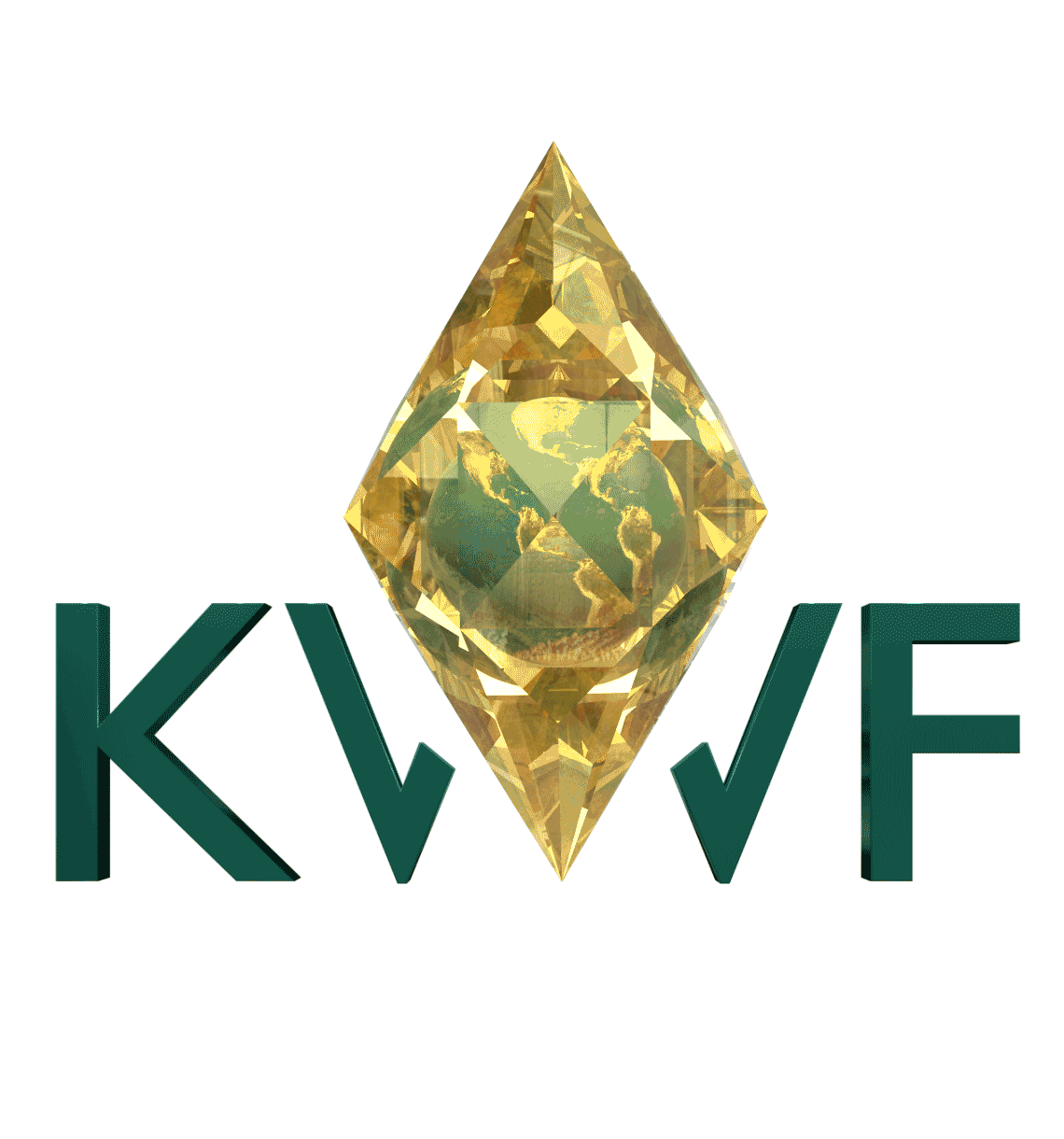
The PROJECTS
Innovation in Conservation

Decoding the Language of Sentinel Species in Costa Rica’s Rainforest
BioAcoustics Research Initiative
The BioAcoustics Research Initiative, led by the Kashmir World Foundation, uses AI to analyze bird vocalizations in Costa Rica's Osa Peninsula, helping monitor ecosystem health and detect threats like poaching or illegal logging. By creating a real-time threat detection system with autonomous drones and robots, the project enhances conservation efforts and supports rapid responses to environmental risks. Expanding to marine vocalizations in the future, this initiative aims to deepen our understanding of ecosystems and protect endangered species.
Project Trinity
Project Trinity is a cutting-edge initiative aimed at protecting the endangered snow leopards of the Himalayas. This project integrates a mobile app, desktop app, and drone technology to enhance surveillance and counter-poaching efforts in the region. The mobile and desktop apps provide real-time monitoring, data collection, and analysis, while drones equipped with advanced sensors offer aerial surveillance of remote areas. Together, these tools enable rangers and conservationists to track snow leopard populations, monitor habitat health, and detect poaching activity, ensuring effective and rapid response to threats. Project Trinity is a crucial step toward safeguarding the snow leopard and its ecosystem in the Himalayas.
MiSHELL Sea Turtle Monitoring Drone
The MiSHELL Project is dedicated to deploying a fully autonomous drone system for monitoring sea turtle nesting beaches. This advanced technology provides marine biologists with timely, consistent, and optimized data on essential aspects of sea turtle conservation. The drone tracks turtle activity, identifies nesting sites, monitors beach erosion, observes hatchling movements, and detects disturbances or threats to the turtles. By autonomously flying over critical coastal areas, the drone gathers valuable insights that support targeted conservation efforts. The MiSHELL Project enhances the capacity to safeguard sea turtles and their habitats, contributing to better conservation outcomes and the protection of vital marine ecosystems.
Wildlife Conservation UAV Challenge
Over 160 teams from six continents participated in the Wildlife Conservation UAV Challenge, collaborating to design and develop drones aimed at countering poaching of endangered rhinos in South Africa. The competition highlighted the integration of advanced sensors, embedded systems, and communications into a robust, high-end endurance unmanned aerial vehicle (UAV). These drones were equipped to provide real-time surveillance, track poachers, and enhance ranger response times. This marked the first use of drones specifically for counter-poaching, setting a precedent for utilizing unmanned aerial systems in wildlife conservation and poaching prevention on a global scale.
